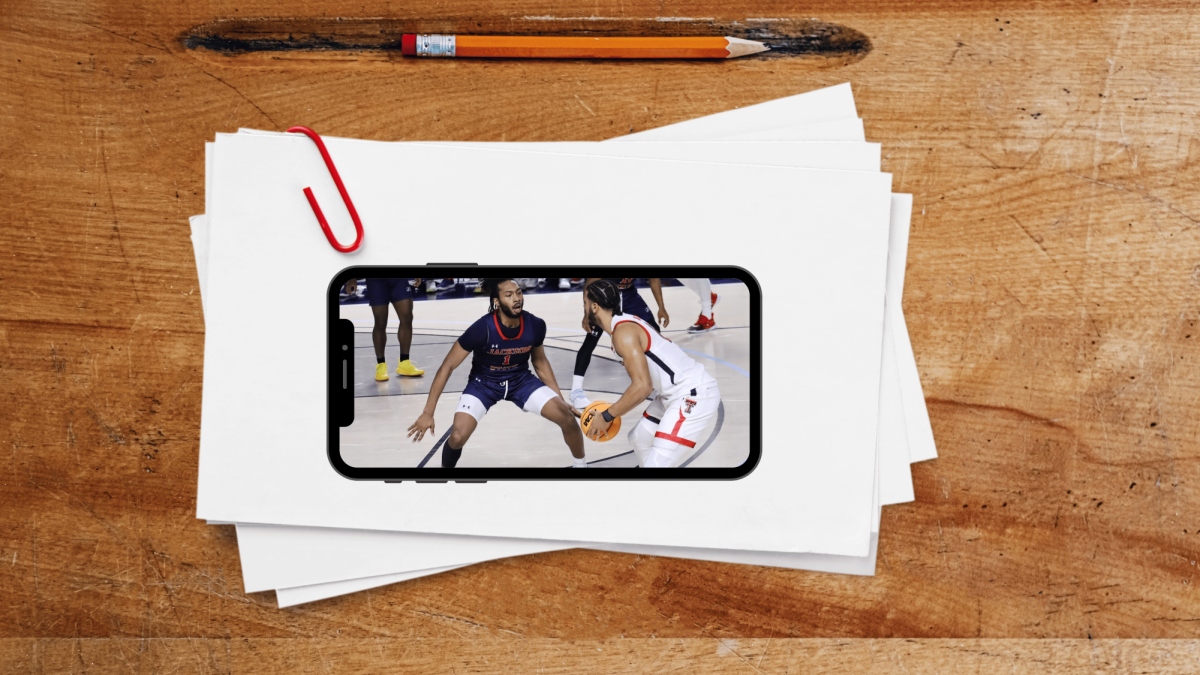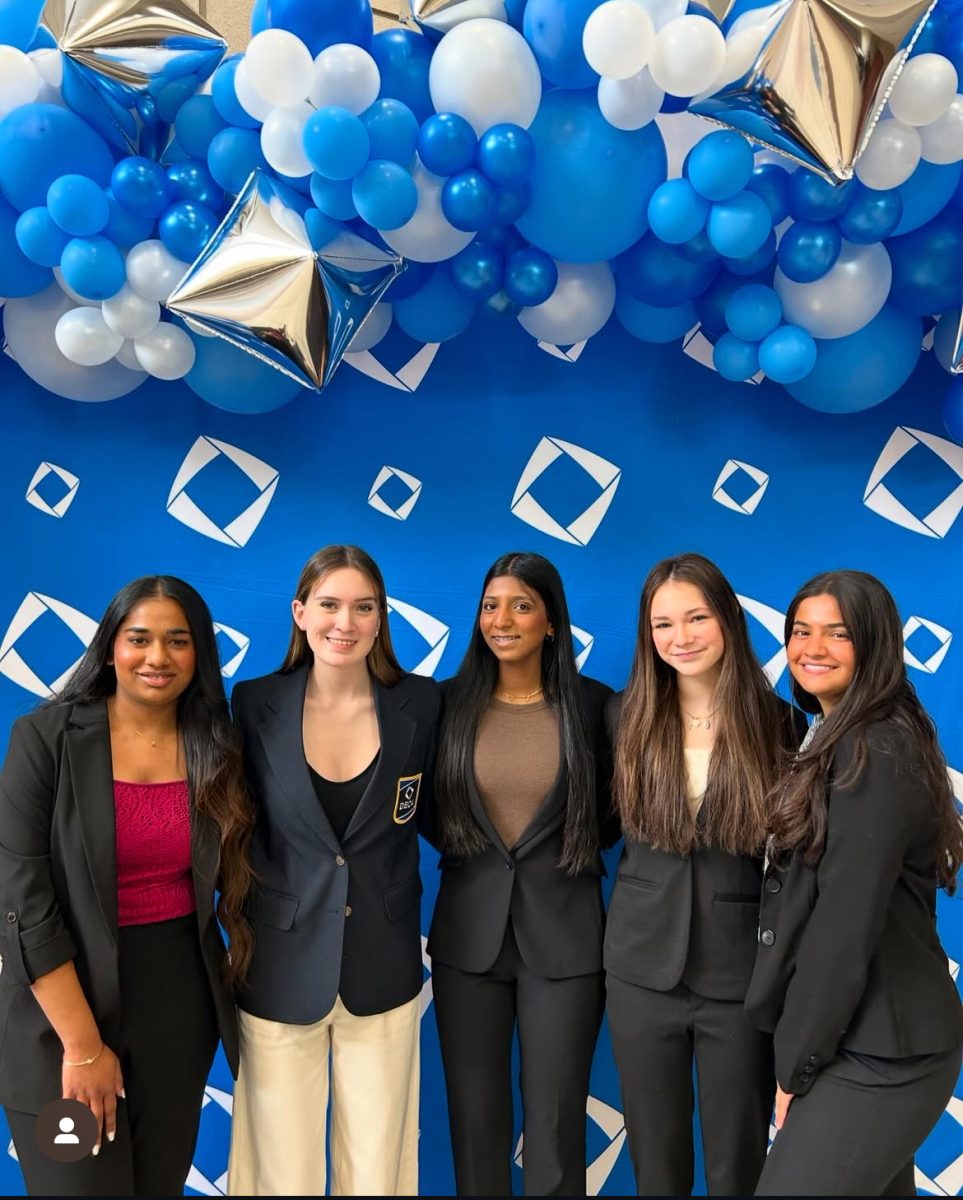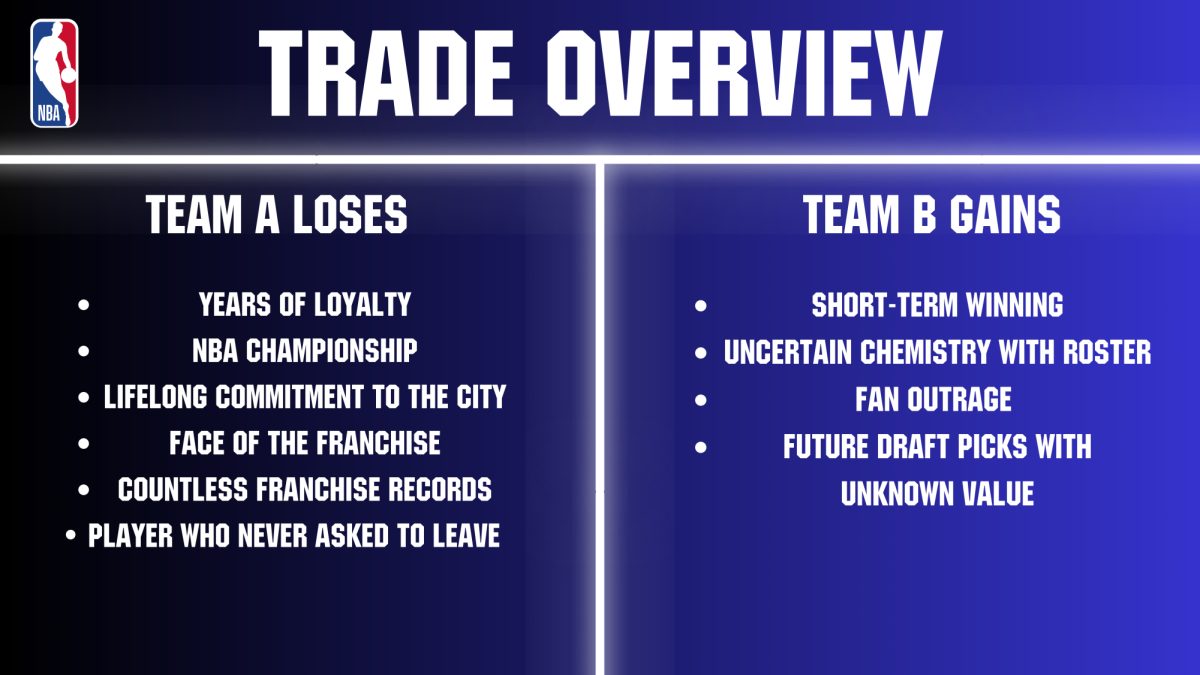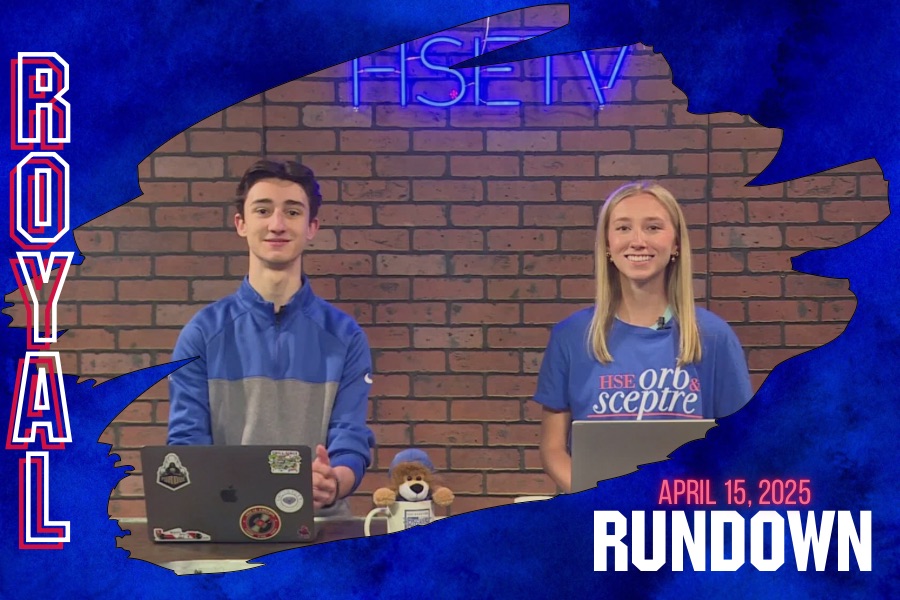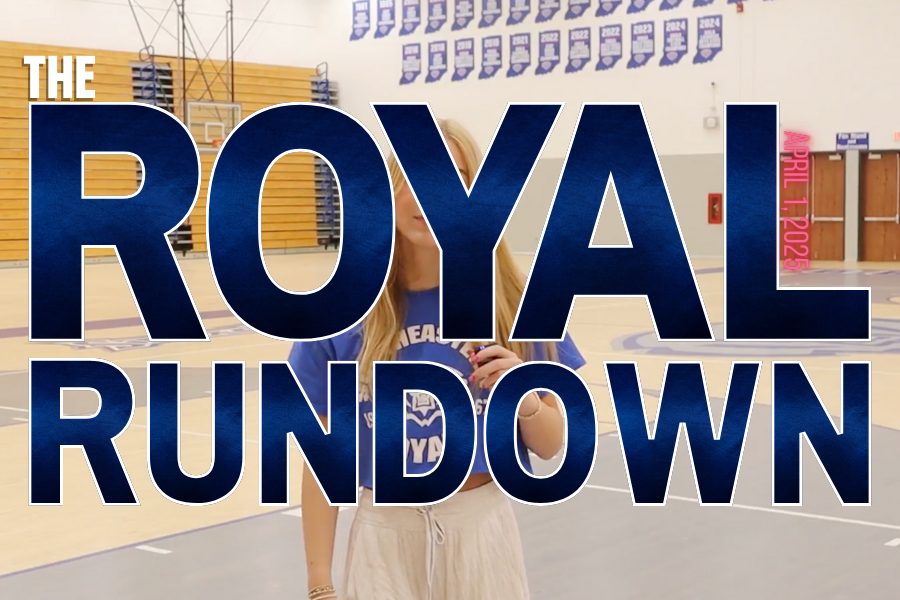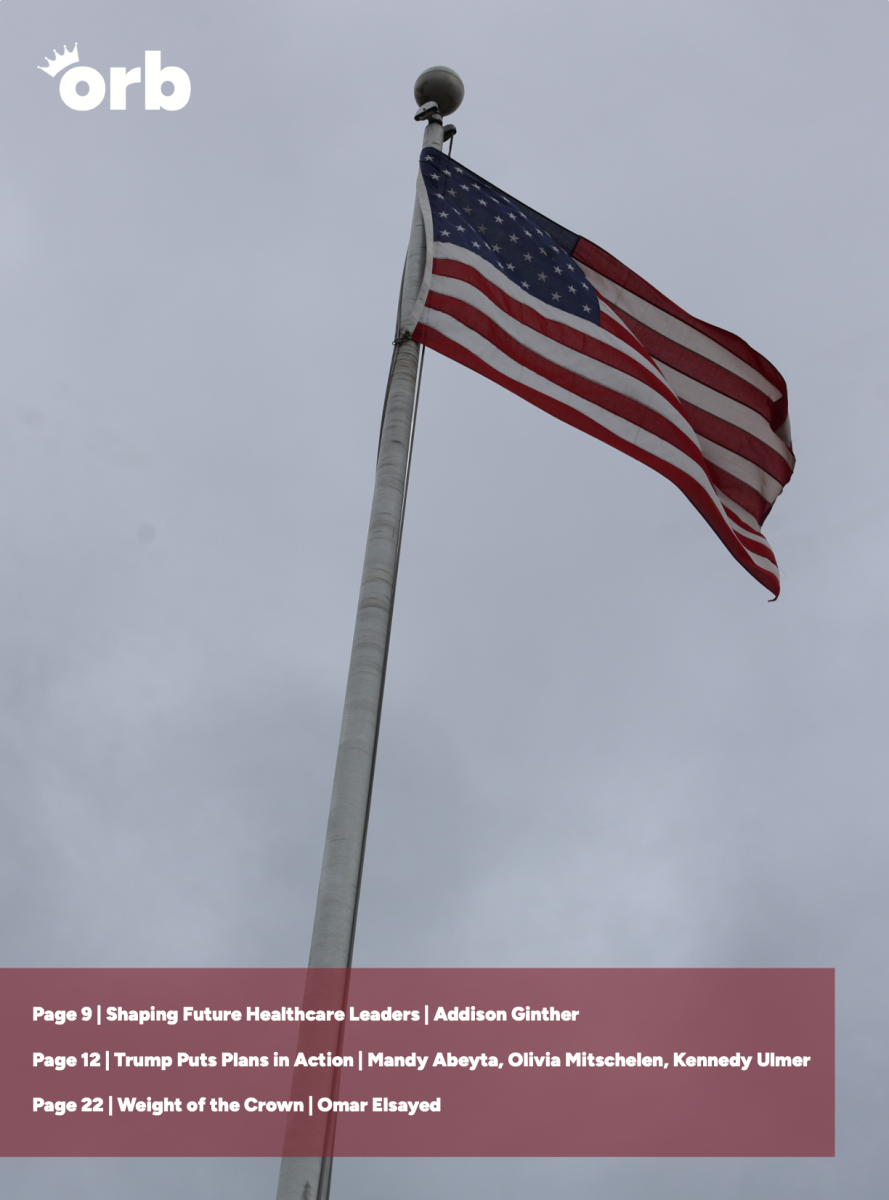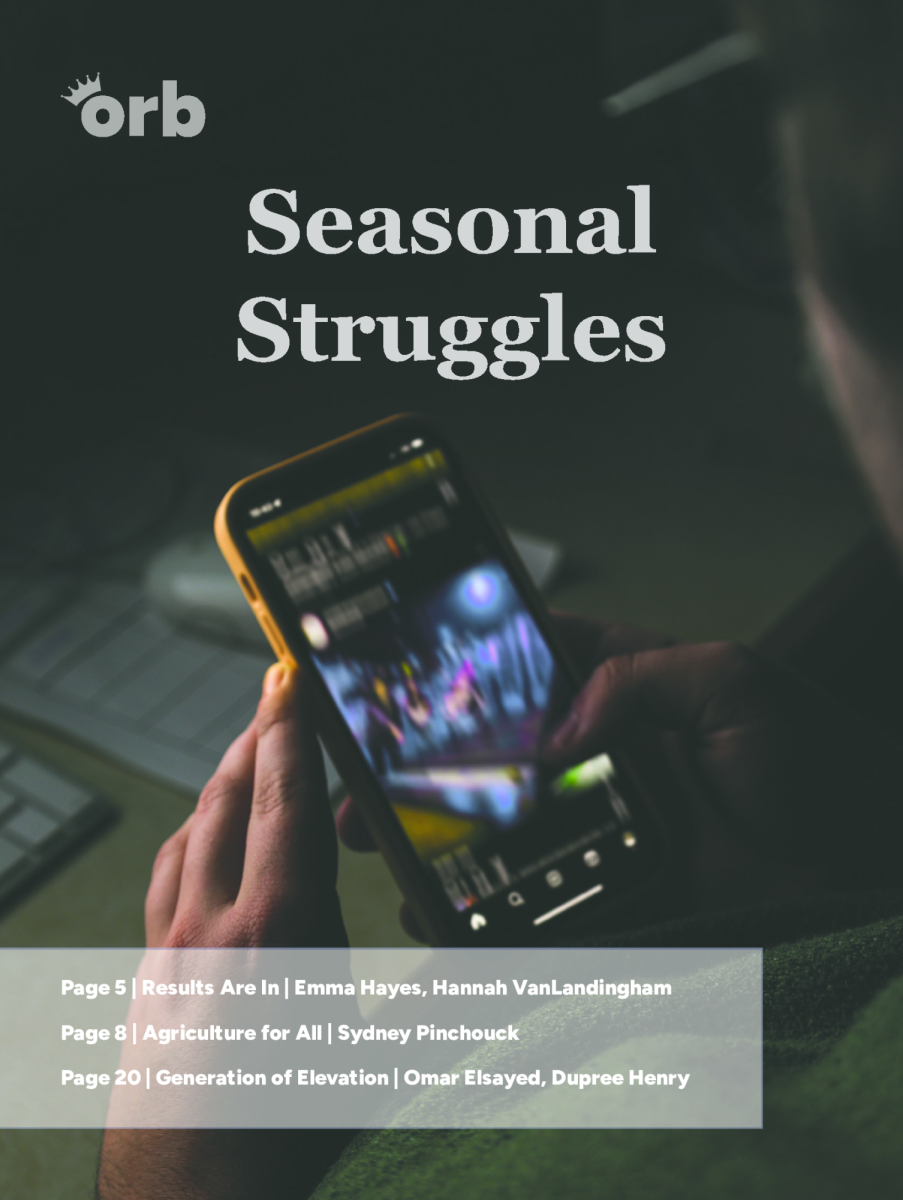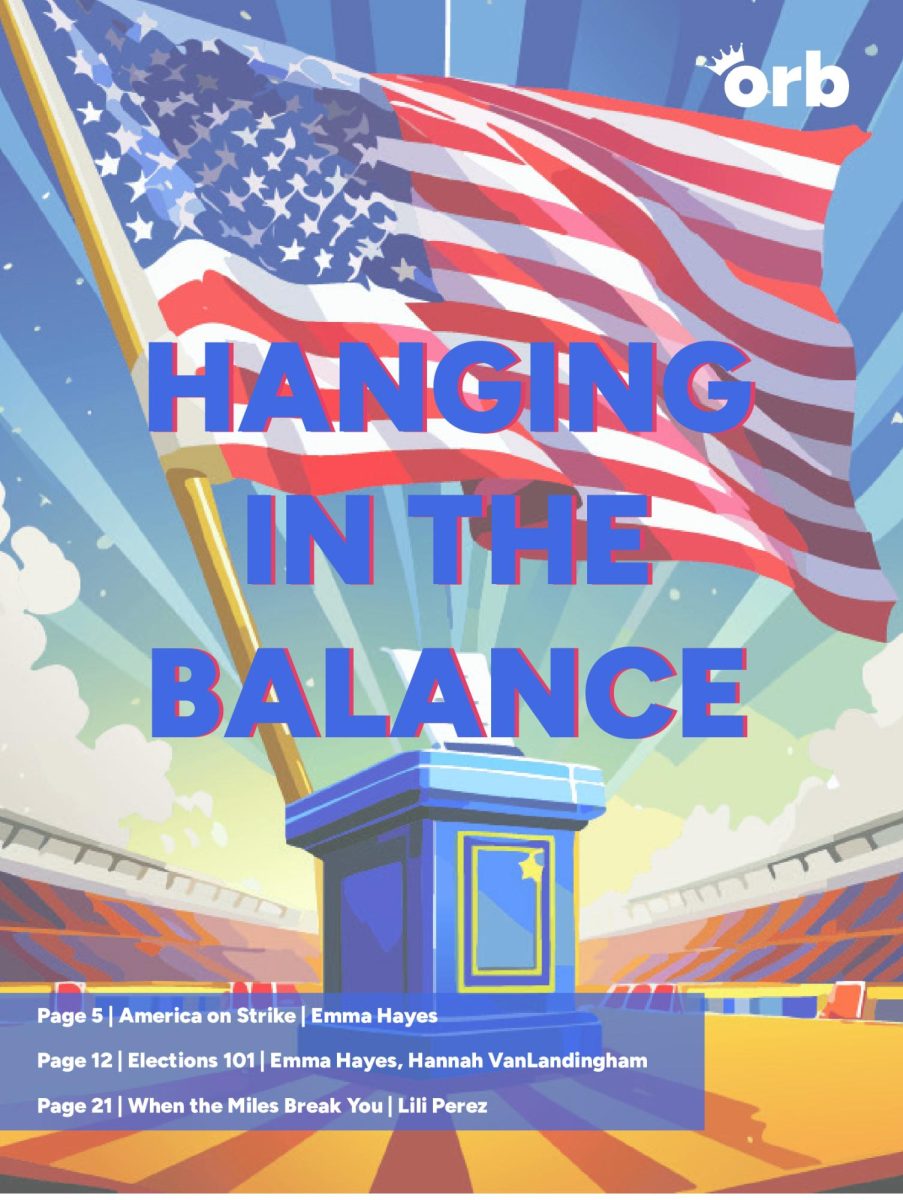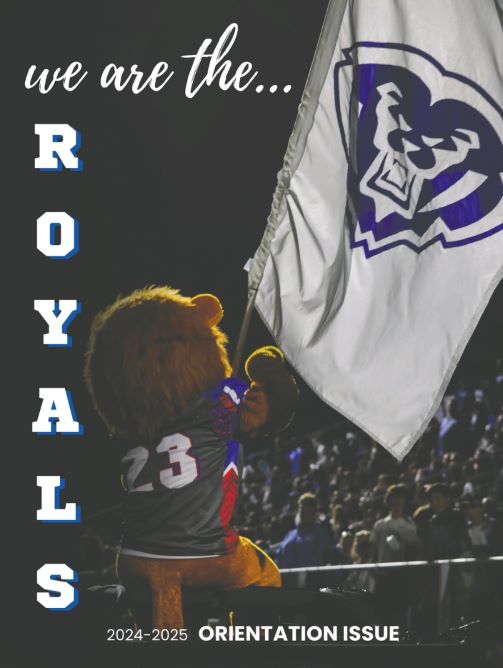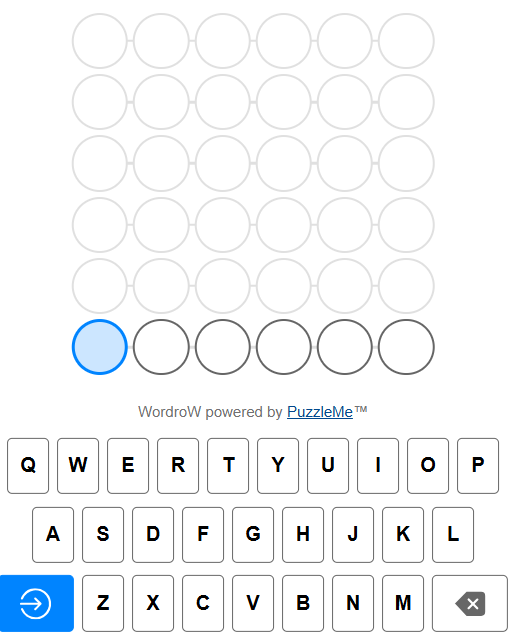Hannah Hildago, a sophomore at Notre Dame University, is point guard for the women’s basketball team. This past December, she became a part of an exclusive roster of NIL athletes to partner with Redbull, a universal energy drink company. Hildago’s partnership is a major win for women’s sports to be represented by the public media, especially in women’s basketball.
Over the past several years, women’s sports have started to gain more diverse engagement from larger crowds. This shift has been impacted by many influential athletes like Caitlin Clark, Angel Reese, Paige Bueckers, and others, who have shown that female athletes are just as capable of entertaining audiences like their male counterparts.
Male sports have traditionally received more attention due to factors such as physicality, speed, and competitiveness. However, with more female athletes demonstrating similar levels of skill and athleticism, women’s sports are finally getting the recognition they deserve.
As a 5’6” athlete, Hildago has impressed audiences with her athleticism by displaying moves that break stereotypes. For example, according to ESPN sports, she averages 25.9 points per game, 5.6 rebounds per game, 3.9 assists per game, and a field goal percentage of 50%. Her ability to move past defenders and execute to the rim is thrilling for newer viewers, drawing audiences and Irish fans to sell out multiple games solely to watch her play. Given her individual accomplishments, such as ranking 10th in the nation, Gatorade Player of the Year, and breaking multiple freshman records, her partnership with Redbull reflects her success.
The Redbull partnership offers Hildago more visibility as a player, while also earning money for promoting their products. Essentially, it is like a business where college athletes can gain income while still playing college sports. Alongside her Redbull partnership, she also has other partnerships with VKTRY, New Era, Topps, and Aloft South Bend.
Overall, Hildago’s partnership creates new opportunities for more female athletes to be represented by big-time companies and brands. As more companies invest in women’s sports, it not only boosts brand visibility but also drives audience engagement and financial opportunities for college athletes. This shift signifies a promising future where female athletes receive the recognition and support they have long been lacking.

